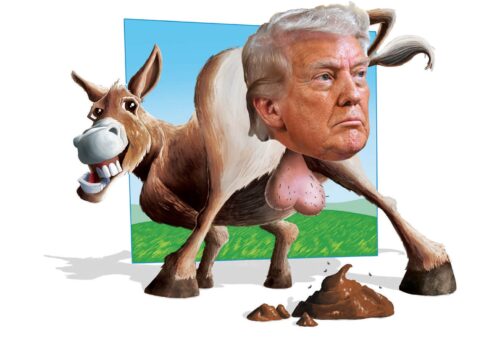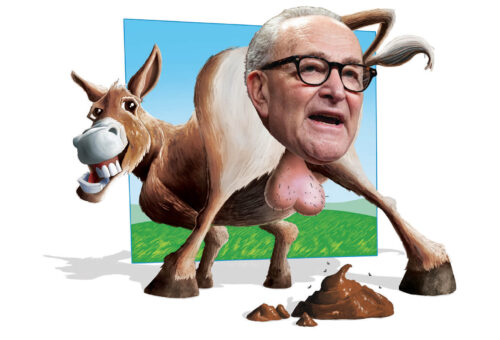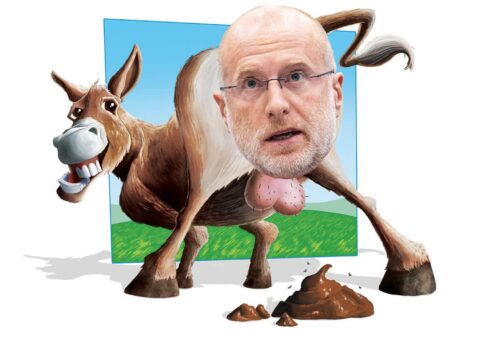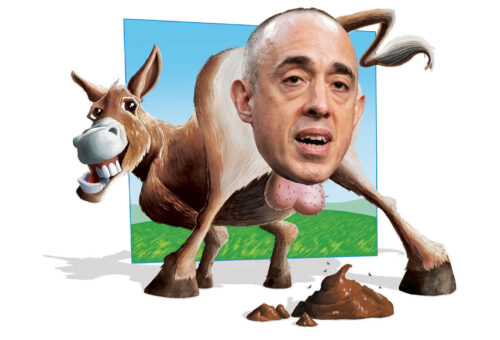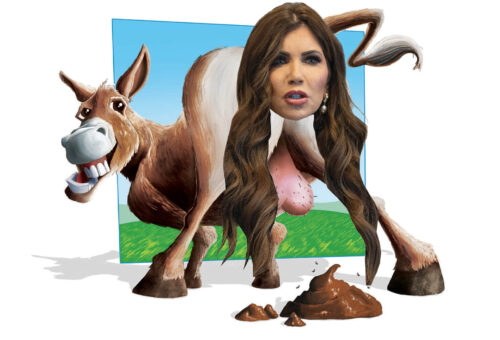Hard Power Or Soft?
The concept of yin and yang came about when ancient Chinese thinkers began viewing the world as a harmonious entity. As Shen-nong.com explains, they theorized that every object and phenomenon “had complementary and opposing characteristics in nature. Some examples include: sky and earth, day and night, water and fire, active and passive, male and female and so on.”
Modern-day foreign policy has its own opposing concepts to secure the strong defense of a nation. One is called “soft power,” a term coined by Joseph S. Nye, a Harvard University professor and former assistant secretary of defense. Professor Nye expounds that a nation’s influence is based primarily on “three resources: its culture (in places that find it appealing), its political values (when it lives up to them at home and abroad), and its foreign policies (when they are seen as legitimate and having moral authority).” If these criteria are met, this nation will have important influence with other countries and peoples.
The second foreign-policy concept devoted to securing the strong defense of a nation is “hard power.” This involves exerting influence with raw military might, which few countries can afford. Besides mustering sufficient manpower, it takes a highly educated workforce and robust economy to produce the requisite armaments to deter or counter any attack.


















